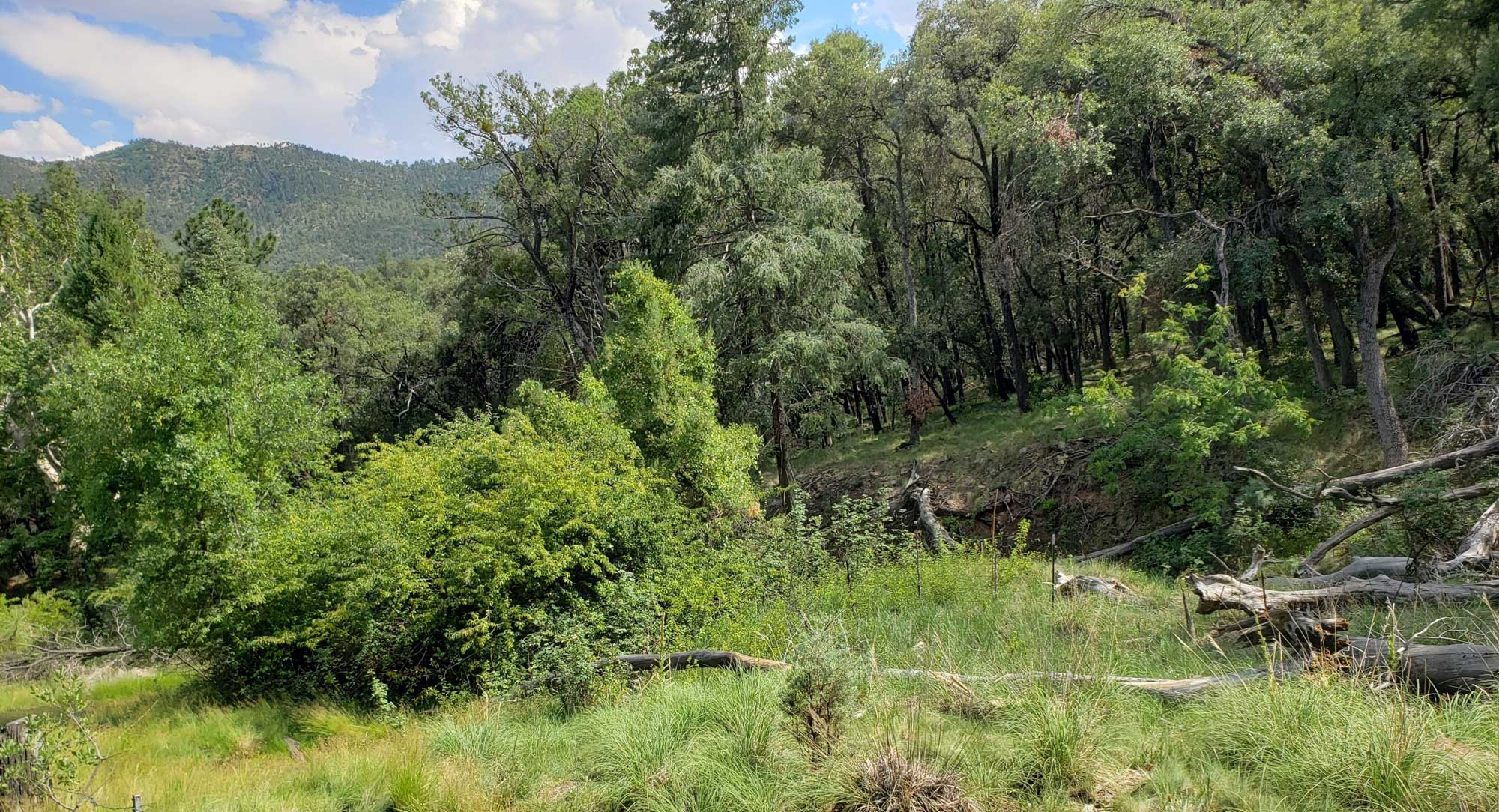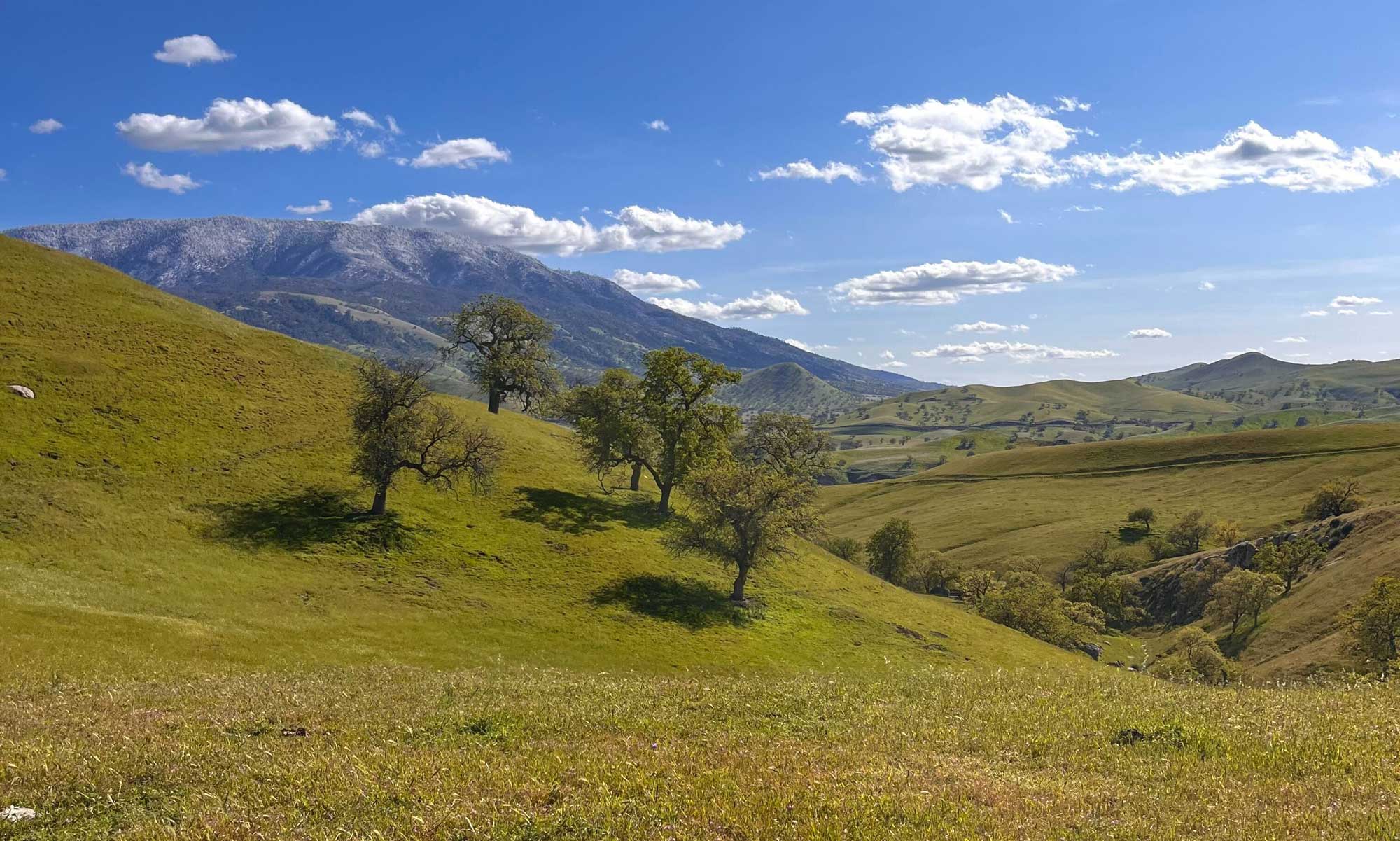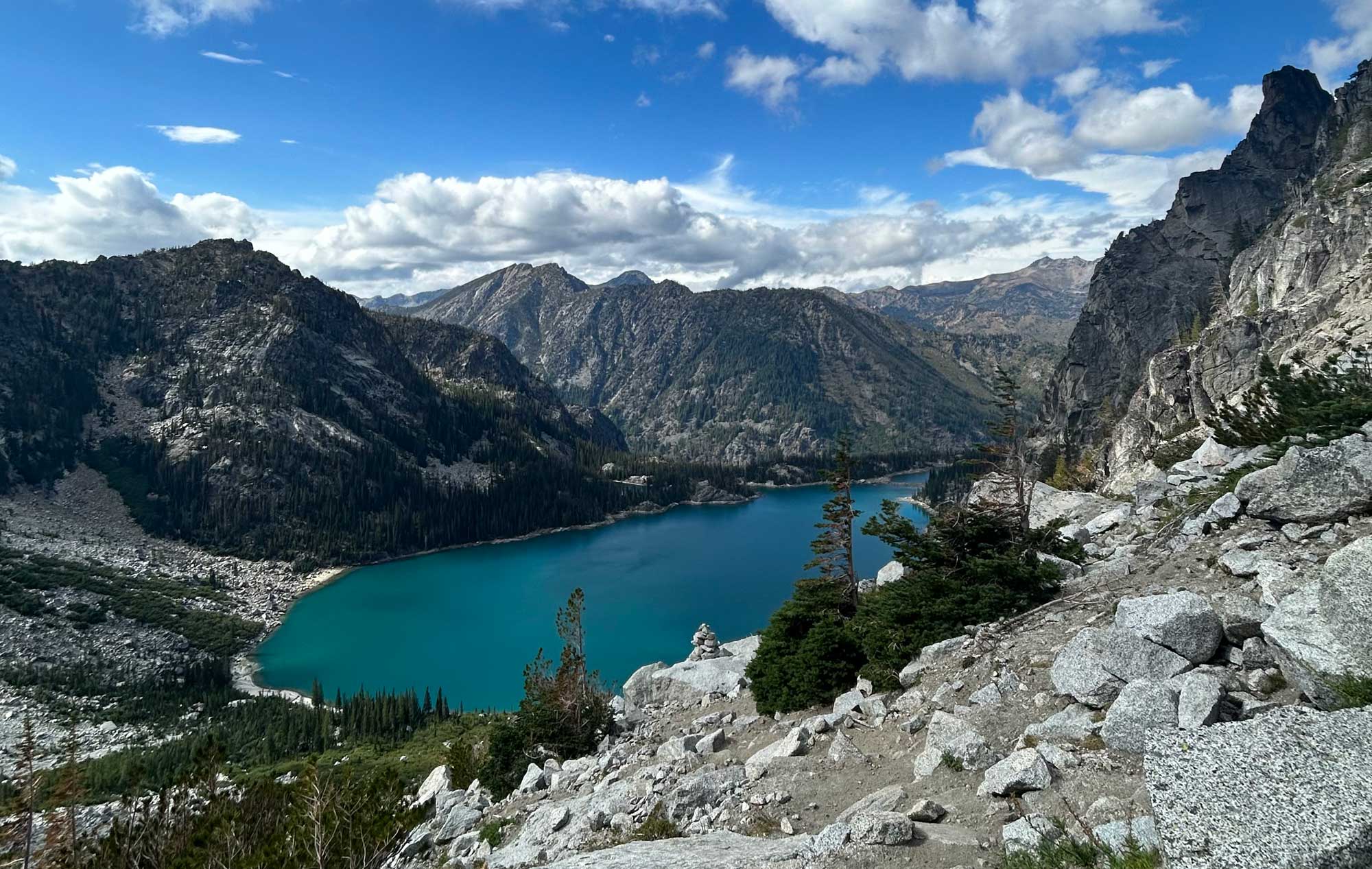Climate Change
SummitWest provides cutting edge insights and innovative climate change strategies.
SummitWest Environmental:
Helping You Adapt to Climate Change
SummitWest Capabilities | Climate Refugia | Greenhouse Gas Emissions | Functional Assessments | Ecological Valuations
We provide unparalleled expertise, dedication, and commitment to delivering superior Climate Change strategies tailored to your specific environmental needs.
At SummitWest Environmental, we recognize the escalating magnitude of climate change and the pressing need for effective solutions. That’s why we are proud to unveil our newly launched Climate Change Department. With our extensive experience in environmental consulting, we understand both the complexities of climate change and the goals our clients strive to achieve amidst this evolving landscape, providing a holistic and informed perspective.
Climate Change Strategies & Studies
To deliver comprehensive climate change services, SummitWest has assembled a team of climate change experts, resource specialists, and planners. From crafting climate action plans and adaptation strategies to conducting carbon sequestration and greenhouse gas emissions studies, we offer a wide range of services that cover the entire spectrum of climate change challenges.
Our services encompass comprehensive analysis, strategic planning, impactful assessments, and tailored recommendations, providing actionable insights for addressing climate change head-on. With seasoned professionals who possess deep knowledge and a steadfast commitment to driving positive change, we ensure our clients receive the expertise and guidance necessary to make informed decisions and drive meaningful action.
Join us in the fight against climate change and let us work together to forge a more sustainable future. SummitWest is your trusted partner in navigating the complexities of climate change, offering innovative approaches and sustainable practices to create a resilient world for generations to come.
Capabilities
We offer a wide range of climate change services, including:
- Climate action plans
- Climate resiliency and sustainability plans
- Climate refugia studies
- Climate risk assessment
- Climate adaptation planning & strategy development
- Climate mitigation planning
- Vulnerability and risk assessment
- General plan and specific plan adaptation policies
- GIS-based vulnerability mapping
- Wildfire protection plans
- Sea-level rise constraints analysis
- Adaptive management planning for habitat conservation
- Carbon sequestration calculations
- Greenhouse gas emissions
- Functional assessments
- Ecological valuations
Innovative Solutions for Enhanced Cost-Efficiency
As a leading environmental consulting firm that is known for its commitment to providing clients with the most innovative and cutting-edge solutions, SummitWest embraces technologies such as artificial intelligence (AI), drone mapping, and data analysis to transform our Climate Change client offerings.
AI-Powered Accuracy and Efficiency
By harnessing the power of AI, we enhance accuracy, streamline processes, and reduce human errors. This results in significant cost savings and optimal outcomes for our clients. For example, we use AI to automate data processing and report editing. This allows us to work more efficiently and deliver results faster.
Drone Mapping and Data Analysis
Our expertise in drone mapping and data analysis allows us to capture and analyze comprehensive spatial information. This provides valuable insights for informed decision-making. For example, we can use drone mapping to assess the environmental impact of a proposed development or to identify potential hazards. Understanding of the integration of GIS, drones and Climate Change data puts SummitWest ahead of the competition.
Redefining the Standards of Excellence
With a focus on cutting-edge technologies, we are continuously redefining the standards of excellence in environmental consulting. We are unlocking new possibilities for success and helping our clients to achieve their sustainability goals.
Contact us today to learn more about how we can help you with your environmental consulting needs.
Strategic Partners
Further, our strategic collaborations with trusted partners ensure the delivery of tailored products that precisely meet our clients’ needs. This seamless integration creates an easy hand off and allows SummitWest to take your project through its full life cycle, start to finish.
Resilience
In the face of the impacts of climate change, resilience becomes paramount in the planning and development of new infrastructure, the management of existing infrastructure, and natural resource management. At SummitWest, we recognize this criticality and integrate resilience into every facet of our work. Our solutions are designed to navigate the challenges posed by climate change, offering adaptive strategies that foster sustainability and long-term viability.
We provide unparalleled expertise, dedication, and commitment to delivering superior Climate Change services tailored to your specific environmental needs.

Climate Refugia
A climate refugia study identifies localized areas that have characteristics which make them likely to exhibit increased resilience to climate change compared to the greater surrounding area, and therefore likely to provide refuge for species or ecosystems during periods of climate change. These refugia can serve as havens where organisms can persist, adapt, and potentially recolonize surrounding regions that experience less favorable conditions. Climate refugia studies aim to identify and understand these areas to inform conservation efforts and enhance the resilience of ecosystems and species in the face of climate change.
SummitWest is pleased to add Climate Refugia studies to our services list, led by our COO and PhD scientist, Dr. Willow Lindsay. A bit on her here …
Here’s why climate refugia studies are important and why they should be of concern:
- Conservation of Biodiversity: Climate change poses significant threats to biodiversity by altering habitats and disrupting ecological processes. Identifying climate refugia allows conservationists to prioritize and protect areas that are likely to provide refuge for species. By safeguarding refugia, we can help preserve biodiversity and prevent species extinctions.
- Ecosystem Resilience: Climate refugia studies contribute to understanding the capacity of ecosystems to withstand and recover from climate-related disturbances. These resilient areas can serve as sources for recolonization and facilitate the restoration of degraded ecosystems. By identifying and conserving refugia, we support the long-term health and functionality of ecosystems.
- Adaptation and Management: Knowledge of climate refugia helps inform adaptive management strategies. By recognizing areas that are likely to remain suitable for certain species or communities, we can implement targeted conservation actions, such as habitat restoration or assisted migration, to facilitate species adaptation and ecosystem persistence.
- Human Communities: Climate refugia can also have benefits for human communities. Refugia may provide essential ecosystem services, such as clean water, food, and protection from natural disasters, which contribute to the well-being and resilience of local populations. Understanding and conserving climate refugia can support the sustainability and livelihoods of human communities.
Climate refugia studies offer valuable insights into areas that can serve as crucial safe havens for species and ecosystems amidst the increasing effects of climate change. By providing these studies, SummitWest can help clients prioritize conservation efforts, enhance ecosystem resilience, and contribute to the long-term sustainability of both natural systems and human communities.

Functional Assessments
Functional assessments are a type of ecological assessment that evaluates the functional diversity of an ecosystem. Functional diversity refers to the variety of ways in which different species interact with each other and their environment. These assessments can be used to assess the health of an ecosystem, identify potential threats, and develop management plans.
Functional assessments can also be used to compare the functional diversity of different ecosystems, or to track changes in functional diversity over time. With climate change posing an ever-increasing threat to many ecosystems, identifying and assessing the functional diversity of ecosystems can be vital for understanding the levels of resiliency that different ecosystems will display to the effects of climate change, allowing clients to identify ecosystems that are most at risk and to develop management plans to protect these ecosystems.

Ecological Valuations
SummitWest also provides valuations of ecological functions, such as the value of wetlands, including their roles in flood control, water filtration, wildlife habitat, and carbon sequestration.

Greenhouse Gas Emissions & Analysis
SummitWest proudly collaborates with greenhouse gas pioneer and esteemed expert, Michael Hendrix, to deliver unparalleled services to our valued clients.
Greenhouse gas emissions estimates play a crucial role in helping communities appreciate the climate change implications of planning and policy decisions. They support informed decision-making, prioritize emission reduction efforts, shape climate-related policies, assess climate risks, and engage stakeholders in collective action. By appreciating the significance of emissions estimates, communities can proactively address climate change challenges and work towards a more sustainable future.
Here’s why they are essential:
- Understanding Climate Impact: Greenhouse gas emissions estimates provide communities with a clear understanding of the contribution of different activities and sectors to climate change. By quantifying emissions from various sources such as transportation, energy production, and industrial processes, communities can grasp the scale of their carbon footprint and the potential impact on global warming.
- Identifying Priorities: Accurate emissions estimates enable communities to identify priority areas for emissions reduction. By analyzing the data, decision-makers can pinpoint the sectors or activities that contribute the most to greenhouse gas emissions. This information allows them to prioritize actions and allocate resources effectively, focusing on strategies that yield the most significant climate change mitigation results.
- Policy Development: Greenhouse gas emissions estimates provide a scientific foundation for the development of climate-related policies and regulations. Decision-makers can use this data to shape policies that target specific sectors, set emission reduction targets, and incentivize sustainable practices. Emissions estimates serve as a baseline to measure progress, track improvements, and assess the effectiveness of implemented policies.
- Assessing Climate Risks: Estimating greenhouse gas emissions helps communities understand the potential climate risks associated with their planning and policy decisions. By considering the emissions implications of various projects, policies, or infrastructure developments, communities can assess the potential long-term impacts on climate change, such as sea-level rise, extreme weather events, and ecosystem disruptions. This information supports informed decision-making and the integration of climate change resilience into planning processes.
- Stakeholder Engagement: Communicating greenhouse gas emissions estimates to the community fosters awareness, understanding, and engagement. It enables communities to have informed discussions about the importance of emissions reduction, the need for sustainable practices, and the potential benefits of climate change mitigation. Transparency around emissions estimates encourages collective action and facilitates community-wide efforts to address climate change.
SummitWest offers greenhouse gas emissions services including:
- Climate action plans (urban and rural)
- Greenhouse Gas Emissions Assessments
- Climate Risk Assessments
- Emissions Reduction Strategies & policy development
- Sustainability Planning and Reporting
- Carbon Offsetting and Renewable Energy Solutions
- California Air Resources Board regulatory review
- Regional transportation planning and Sustainable Communities Strategies (SB 375)
- CEQA and NEPA strategy and analysis
- Carbon sequestration calculations

